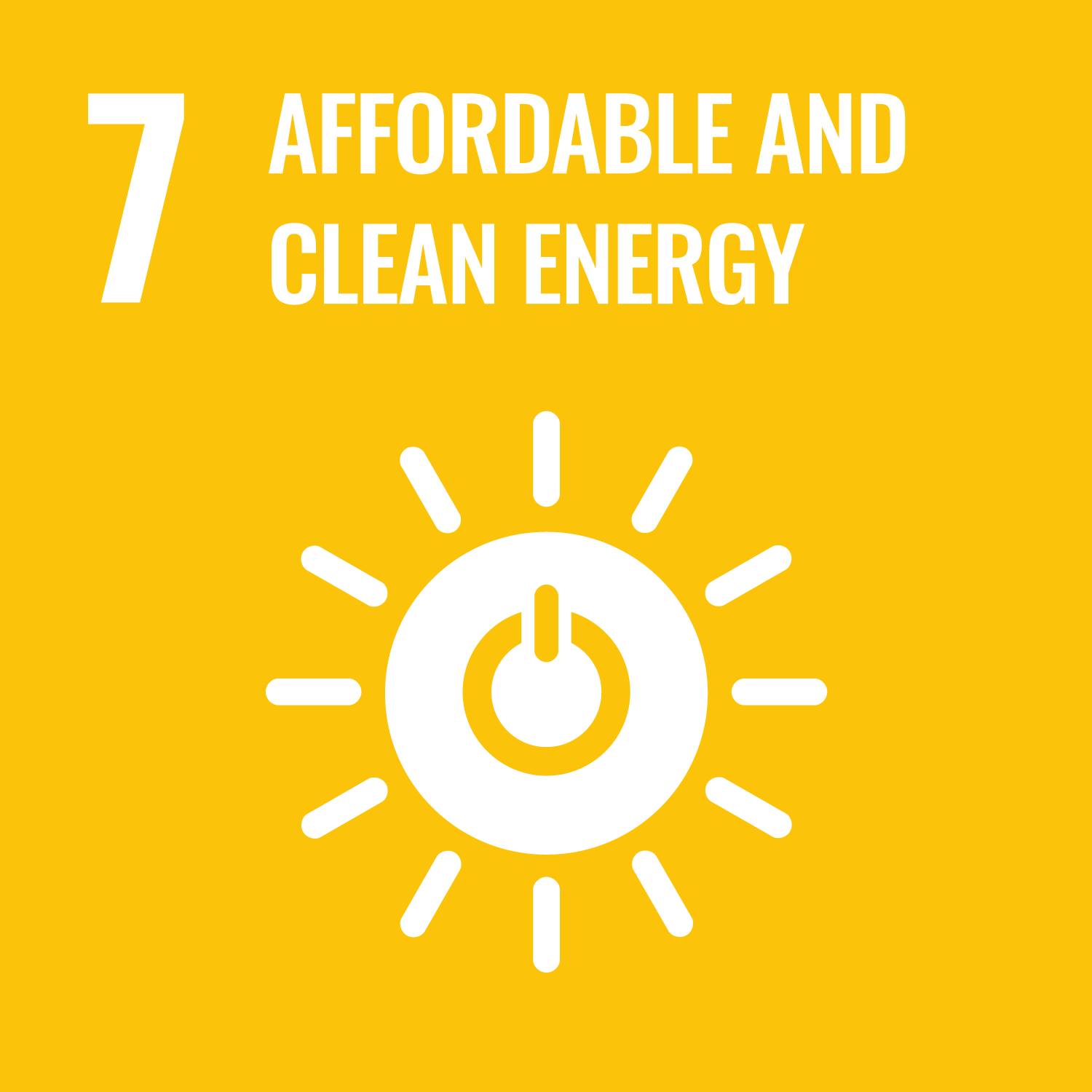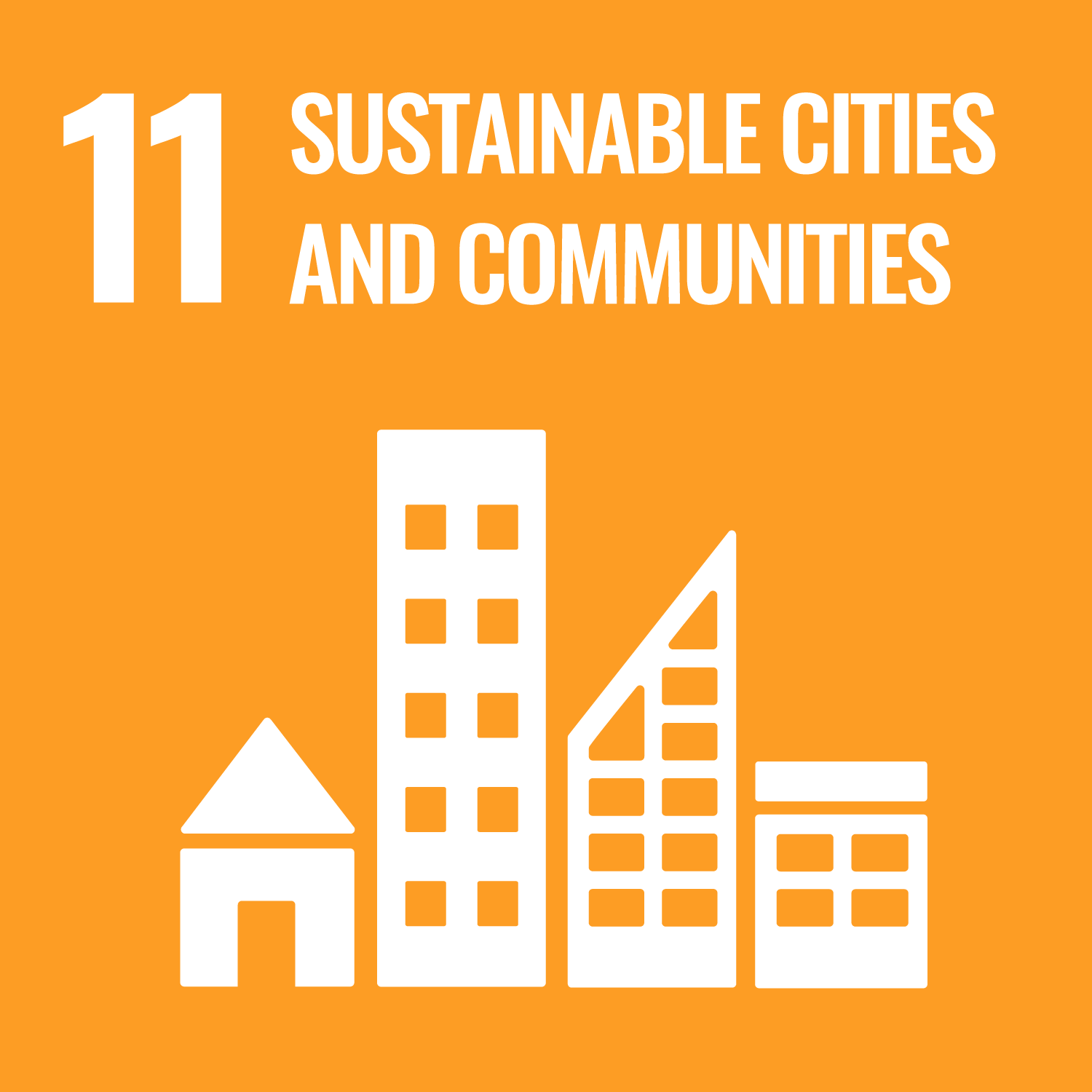Supporting the Low Carbon Development of Jiangsu Province Phase III

Objectives
- A sustainable German-Chinese Institute and Network has been established in Jiangsu province, ensuring knowledge transfer, international exchange, and developing products and services in terms of low carbon development.
- Innovative, long-term, holistic energy management approaches for low carbon development and diversifying energy structure concepts have been developed in collaboration with the Institute and Network and is being applied in Jiangsu province.
- Professional and methodology expertise for holistic low carbon energy management have been established for permanent operation of the Institute and Network for dissemination.
Description
The project supports its Chinese partners in enabling the transformation towards a low carbon economy, which is in line with the 2030 Agenda for Sustainable Development and advances reaching the goals of the 13th / 14th FYP (2016-2020 / 2021-2025) of Jiangsu province as well as the early peaking of its CO2 emissions. Supported by the provincial government, a sustainable network that persists beyond the duration of the project, will be established. It facilitates a long-term exchange between German and Chinese actors from industry, academia and politics as well as the discourse on coal phase-out. The project and the network will achieve sustainable capacity development through the introduction of methodological knowledge on how to build and manage knowledge networks and how to ensure financing. Furthermore, the necessary technical expertise required by stakeholders of the network will be provided. Results, best practices and proven impacts will contribute to the national and international dialogue on climate change.
Approach/Field of intervention
- The policy recommendations developed within the framework of this Project on holistic planning of low carbon industrial parks and cities will lead to no less than two standards decreed by the government until 02/2023. In this, the Project refers mainly to support of the political frameworks: “Jiangsu Plan to achieve emission peak” and “Jiangsu framework plan for fossil fuel phase-out”.
- The network partners organized within the German-Chinese institute network will have initiated no less than three collaboration measures to promote low carbon development until 02/2023; the duration of such collaboration shall be over and beyond the end of Project, and it should be aimed e.g. to reduce dependence on coal-based electricity and contribute to passing the carbon peak.
Targeted beneficiaries
Jiangsu provincial and local organizations and institutions who may apply sustainable climate change and energy policies.
Highlight activities /Achievements
- A sustainable German-Chinese Institute and Network has been established in Jiangsu province, ensuring knowledge transfer, international exchange, and developing products and services in terms of low carbon development.
- Innovative, long-term, holistic energy management approaches for low carbon development and diversifying energy structure concepts have been developed in collaboration with the Institute and Network and is being applied in Jiangsu province.
- Professional and methodology expertise for holistic low carbon energy management have been established for permanent operation of the Institute and Network for dissemination.
Success stories
Cities are the main source of carbon emissions, and urban energy consumption accounts for about 55% of China’s total energy consumption. Energy consumption in buildings and urban areas is a major part. City quarter or community is important part of the urban areas. In order to strengthen the pilot construction of low-carbon communities, NDRC issued the “Notice of the National Development and Reform Commission on Piloting Low Carbon Communities”, as well as compiled and published the “Guidelines for the Construction of Low Carbon Community Pilots” requiring all localities to carry out pilot work on low-carbon communities. GIZ’s project objectives in Jiangsu are in line with this requirement of NDRC. The core concept of the GIZ Jiangsu project is to use the innovative “Integrated Energy System” to promote low-carbon development in existing urban areas. To this end, the GIZ Jiangsu project organized experts from both China and Germany to compile the “Technical Guidelines for Low Carbon Renovation in Existing City Quarters” and prepared seminars for publicity and planned to select suitable demonstration projects in Jiangsu Province, in accordance with the guidelines.
“GIZ has maintained a good cooperative relationship with the Science and Technology Development Center of the Provincial Department of Housing and Urban-Rural Development. We have cooperated in many scientific research topics and projects on building energy efficiency. In particular, the urban-regional “integrated energy system” provided effective technical support for the Jiangsu project, and contributed to reduce carbon emissions per unit of GDP in Jiangsu Province during the twelfth and thirteenth Five-Year-Plan periods. Set a good example of Sino-German technical cooperation.” – Mr. Zhang Yuefeng, Chief Director of STDC
According to the instruction from HQ, the People’s Bank of Jiangsu Province must complete the task of reducing total energy consumption by 4% every year. In order to achieve this goal, the energy-saving renovation of the office buildings of each city branch is a key measure. GIZ Jiangsu Low-Carbon Development Project conducted a professional energy audit for the energy-saving renovation project of Zhenjiang Sub-branch and produced a conceptual plan for the energy-saving renovation as a design basis and a reference for mid- and long-term renovation. We also provided follow-up support so that this project will become a demonstration project for the energy-saving renovation of office buildings in a larger area of Jiangsu Province and even nationwide. We also made a suggested standard procedure for energy-saving renovation of office buildings for the PBC, which can provide a reference for the future renovation of other urban sub-branches of the PBC in Jiangsu Province.
“The repair and renovation project of Zhenjiang branch was completed in January 2016… From the comparison of the power consumption of 660,500 kWh in 2015 and 543,500 kWh in 2016, it can be seen that the overall energy-saving effects have exceeded the predetermined targets. Thanks to the strong support of the head office, GIZ and local government. The success of this renovation also provided a good example for all other branches of PBC.” – Mr. Zhong, director of infrastructure construction department, Jiangsu PBC
COUNTRY
China
DURATION
01 January 2019 - 28 February 2023




